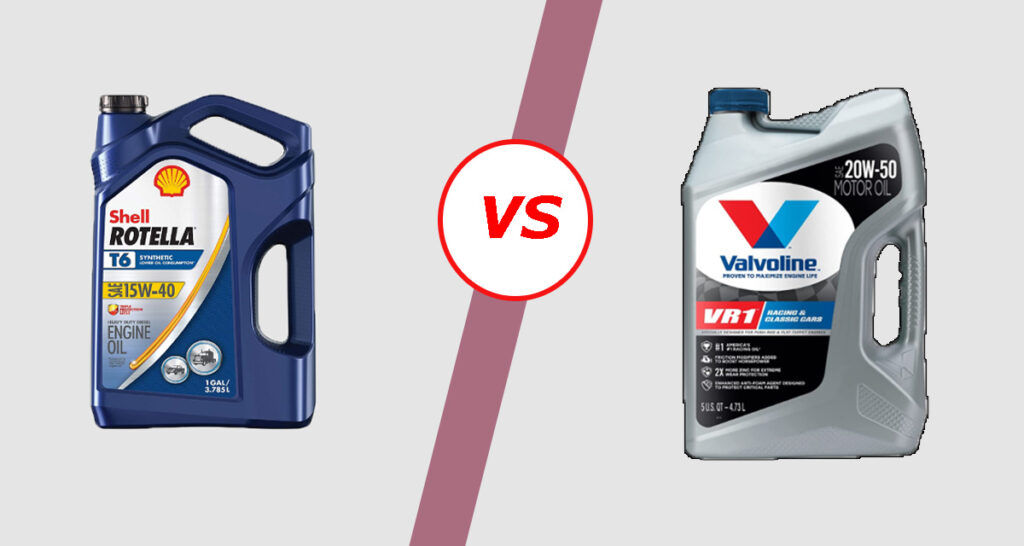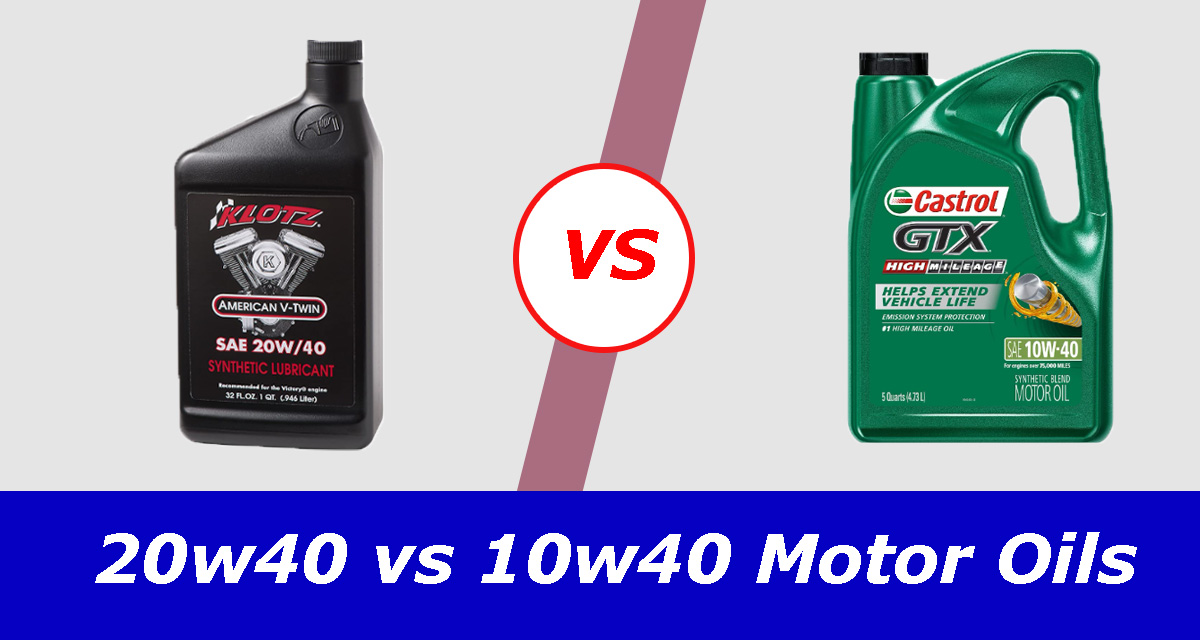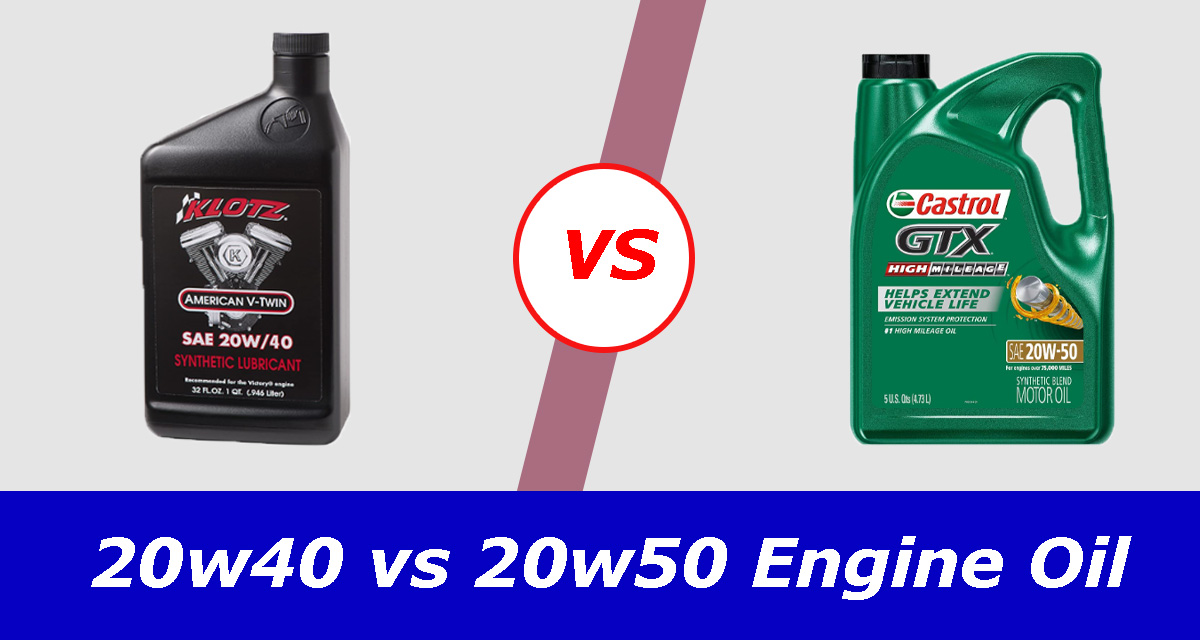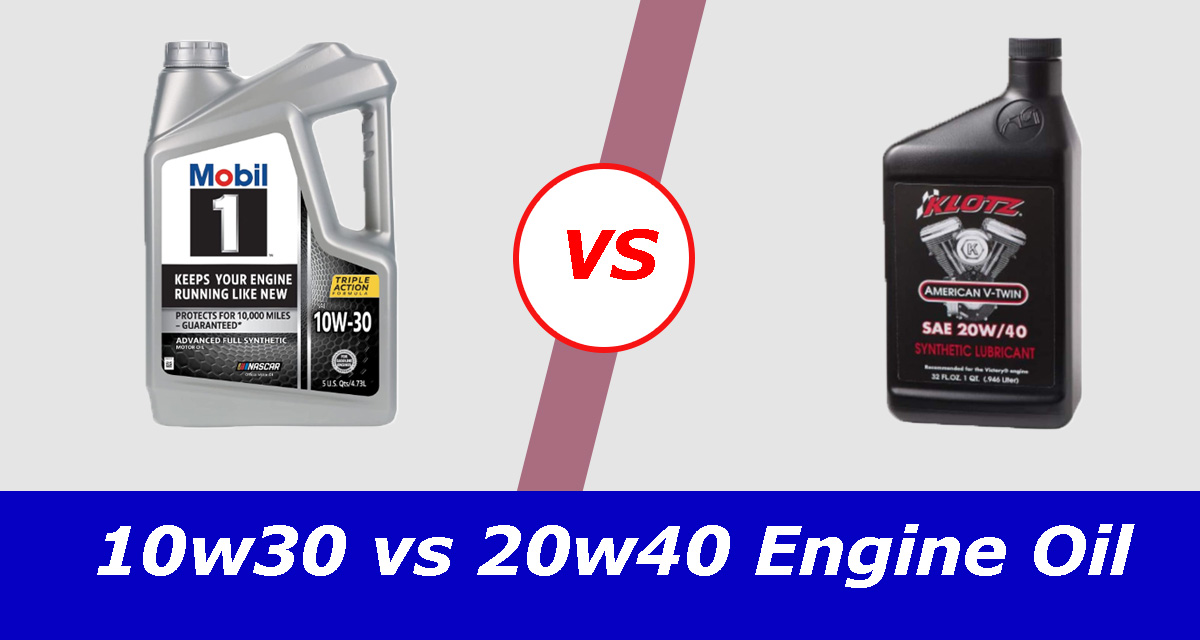The viscosity of engine oil is the primary determinant of how well it performs. There are specific classifications for 15w40 and 20w50 that are based on their similarities to one another.
Take 15w40 as an example; its low- and high-temperature viscosity ratings are 15, and 40, respectively. A viscosity scale from 20 to 50 describes the consistency of 20w50 oil.
Its lubricating abilities at both low and high temperatures are defined by these viscosities. Since there are many options, it is crucial that you know the exact requirements for your car. From this blog, you will get the appropriate difference between 15w40 vs 20w50. Let’s start it.
Comparison Between 15w40 and 20w50 Engine Oil
| Comparative Parameters | 15w40 | 20w50 |
| Flashpoint | 237 degrees Celsius | 230 degrees Celsius |
| Kinematic Viscosity | 14.9mm2/s | 19.0mm2/s |
| Performance | Good at Cold | Good at Warm |
| Consistency | Thicker | Thicker |
| Nature for | Diesel engines | Gasoline engines. |
What Is the Difference Between 15w40 and 20w50?

- Oil with a viscosity of 15w40 is often used in diesel engines, whereas motor oil with a viscosity of 20w50 is typically used in gasoline-powered cars.
- 15w40 motor oil has lower viscosity at low temperatures than 20w50 oil does. In addition, 15w40 motor oil has a 40 rating for high-temperature viscosity, whereas 20w50 has a 50 rating.
- When compared to 20w50, 15w40 has a viscosity index of 143, while 20w50 has a viscosity index of 141.
- It has been determined that 15w40 has a specific gravity of 0.875. However, the value for 20w50 is 0.88.
- Good performance can be assumed from 15w40 at low temperatures, while a great result can be anticipated from 20w50 at high temperatures.
Similarities Between 15w40 and 20w50
- Both of these engine oils prevent the formation of harsh deposits and sludge buildup.
- Here 15w40 and 20w50 both are classified to be heavy-duty motor oils due to their viscosity, which places them in that category.
- If your vehicle operates in a high-temperature environment or carries a constant operating temperature, these two oils are excellent possibilities to consider.
- Both of these oils are interchangeable and have approximately identical levels of efficacy.
Which is Better: 15w40 or 20w50?
In colder weather, 15w40 is preferable, whereas 20w50 is more effective in warmer weather. Whether or not a diesel engine is right for you is contingent on how you typically use it. You should use 15w40 for shorter trips, while 20w50 is preferable for longer trips when the engine would be running hotter.
For fleet cars, 15w40 is the best motor oil to use. Transporting huge loads from one location to another is facilitated by fleet trucks. It is also a great option for vehicles with compressed natural gas (CNG) or liquefied natural gas (LNG) engines. Exceptional base oils and premium additives are used in the manufacture of this 15w40 engine oil.
Alternatively, 20w50 is another high-performance motor oil option. While 20w40 is better for gas mileage, 20w50 is universally recommended since it protects the engine and keeps it clean. It’s also a top pick since it helps vehicles start-up quickly even when it’s chilly outside and keeps performing reliably even when it’s hot.
Finally, if your engine allows for 15w40, use 15w40; if it has 300,000 miles on it, use 20w50; if neither of those work, go with 20w50 since the heavier oil will better attach to your bearings and other moving components and reduce wear.
15w40 vs 20w50 FAQs
When should I use 20w50 oil?
20w50 is likewise a thick oil preferred for heavy-duty engines, however, it is marginally less effective in colder climates than 15w40. Therefore, a thick oil such as 20w50 is suitable if your vehicle travels long distances with big loads of products or people in a single stretch. It is because extended rides raise the engine’s temperature.
What are the benefits of using 20w50 motor oil?
20w50 oil has a high viscosity. When this type of thick oil travels through the engine, it cushions the moving parts and prevents metal from coming into touch with one another. It lowers the amount of friction that exists between the moving parts, which in turn helps to preserve the engine from damage.
Is it harmful to use 15w40 grade oil instead of 20w50?
Yes, there are criteria by which engine oil is categorized. When recommending grades of motor oil, manufacturers take the needs of the engine into consideration. That’s why it’s risky to move between different kinds of engine oil.
Final Notes
This blog compares and discusses 15w40 and 20w50 motor oils. Think carefully about all the factors, then pick the one that works best with your car. The price difference between 15w40 and 20w50 is another point to consider.
The 15w40 may be superior in terms of viscosity and efficiency, but otherwise, both oils may be used interchangeably and serve identical purposes. So, cost and viscosity might be the decisive considerations when choosing between these two options.




